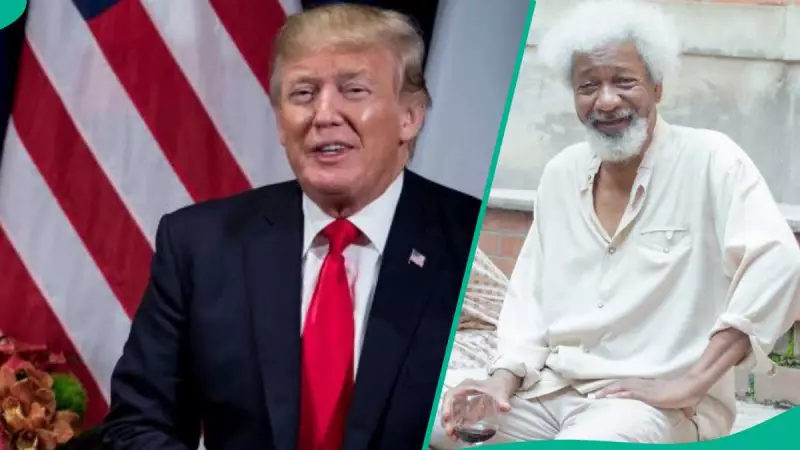
The United States government has broken its silence regarding the controversial revocation of Nobel laureate Professor Wole Soyinka's visa, providing clarity on a matter that has generated significant public interest across Nigeria.
In an official statement released through its embassy in Abuja, US authorities explained that the decision was based on specific immigration regulations and security protocols that apply to all visa applicants regardless of their status or achievements.
The US Embassy spokesperson emphasized: "While we cannot discuss individual visa cases due to privacy laws, all visa applications are adjudicated according to US immigration law and regulations. Every applicant receives equal treatment under these laws."
What Led to the Visa Revocation?
Although specific details remain confidential, sources close to the matter indicate that the revocation stemmed from updated security assessments and compliance with evolving immigration policies. The US government maintains that such decisions are never personal but based strictly on legal criteria.
Professor Soyinka, Africa's first Nobel Literature laureate, has been an outspoken critic of various governments throughout his career, including both Nigerian administrations and foreign governments. However, US officials clarified that political opinions alone do not constitute grounds for visa denial under current regulations.
Nigerian Reactions and Implications
The visa revocation has sparked diverse reactions within Nigeria's literary, academic, and political circles. Many prominent figures have expressed solidarity with the renowned playwright and activist, while others have called for greater transparency in international visa processes.
This development comes at a time of evolving diplomatic relations between Nigeria and the United States, with both nations navigating complex bilateral discussions on various fronts including security cooperation, trade agreements, and educational exchanges.
The US Embassy reiterated its commitment to maintaining strong people-to-people ties between Americans and Nigerians, noting that thousands of Nigerian students, business professionals, and tourists continue to receive US visas annually through proper channels.





